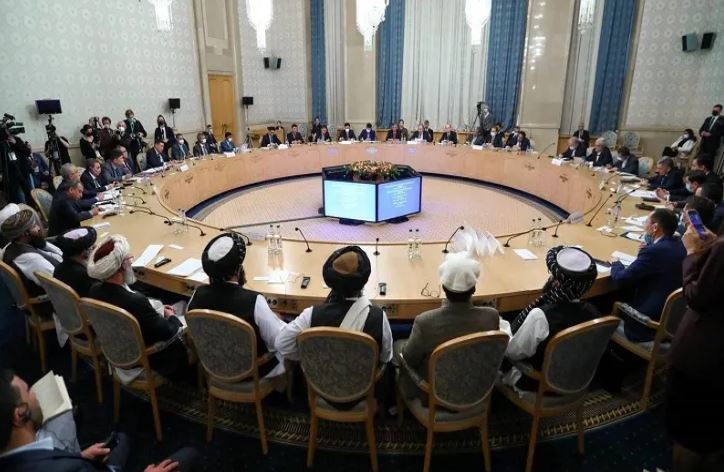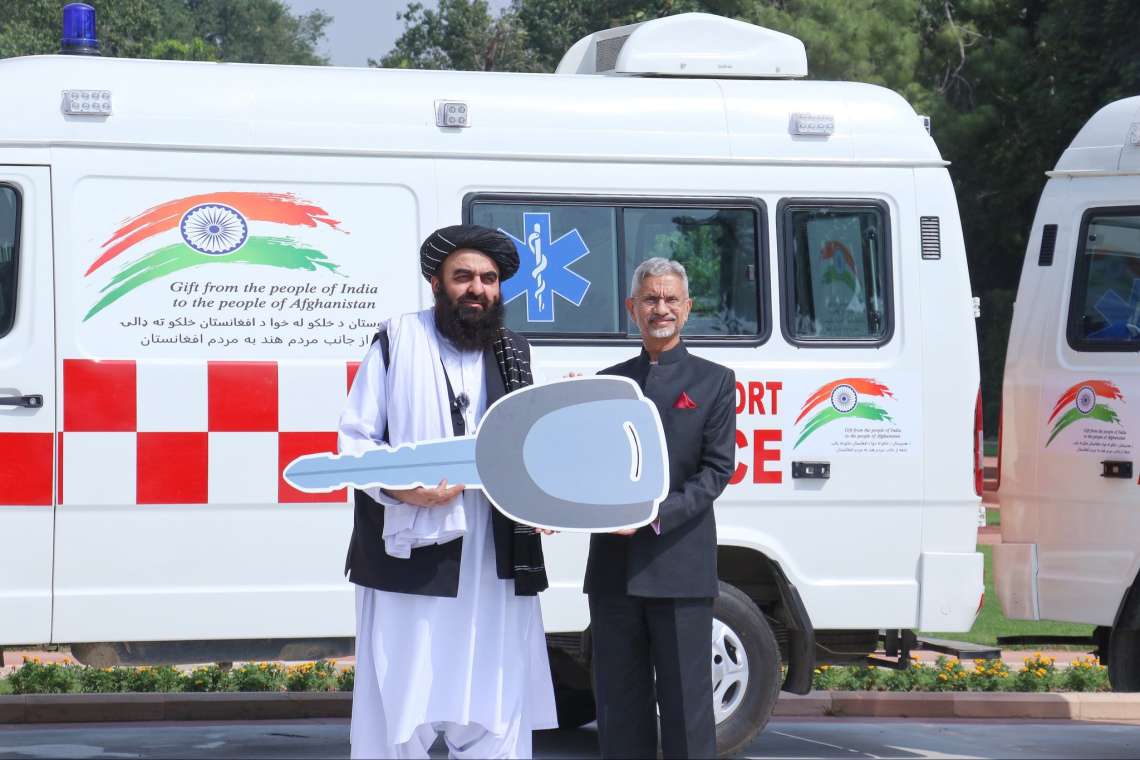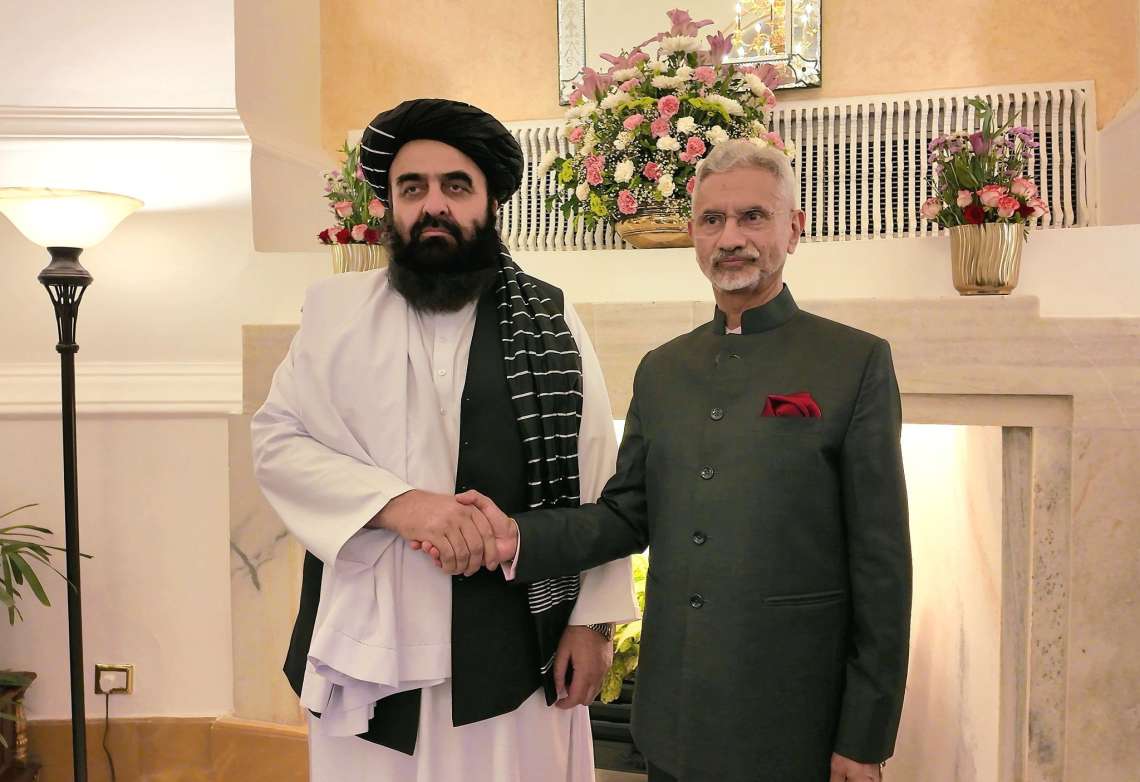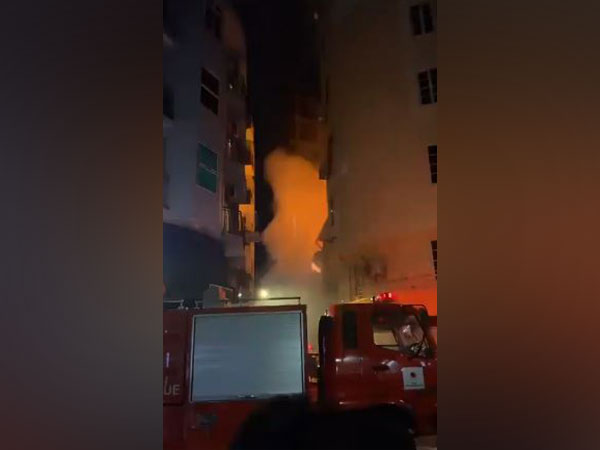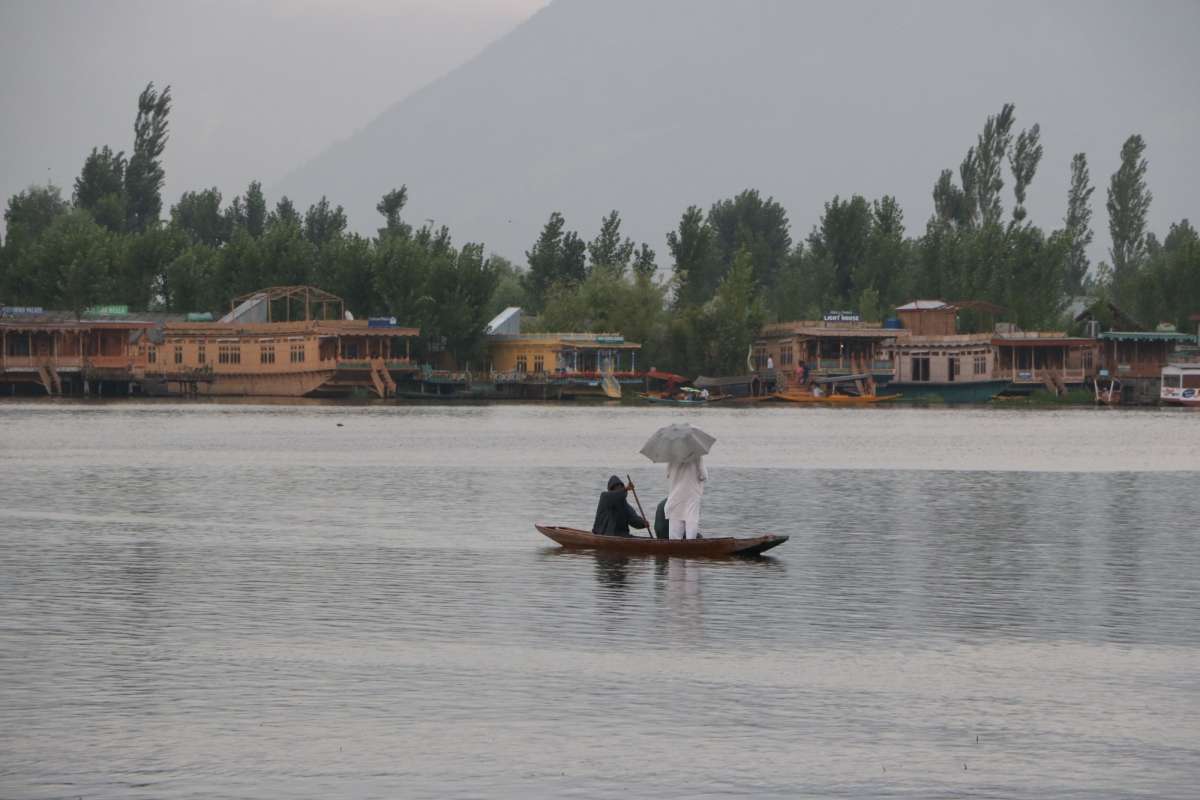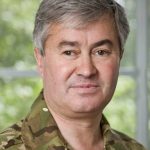Lavrov detailed that Moscow maintains “regular contact” with representatives of the Taliban, who will be privy to what the participants in the Moscow format meeting will be doing…reports Asian Lite News
The fourth meeting of the Moscow format of consultations on Afghanistan will take place on November 16 with the participation of key regional countries interested in a peaceful Afghan settlement, including India, but without any representative from the current Taliban regime in Kabul.
Introduced in 2017, Russia reckons the format as the most effective mechanism for promoting external support for an Afghan settlement. Its main objective remains to facilitate the national reconciliation process in Afghanistan and secure peace in the country as soon as possible.
While a Taliban delegation headed by Abdul Salam Hanafi, Deputy Prime Minister of Afghanistan’s interim government, had attended the last meeting held on October 20 last year, Russia has made it clear that there will be no Afghan participation this time around.
The Vladimir Putin government seems to be quite upset that no progress has been made to form an inclusive Afghan government reflecting the interests of all the ethno-political forces of the country even after more than 12 months.
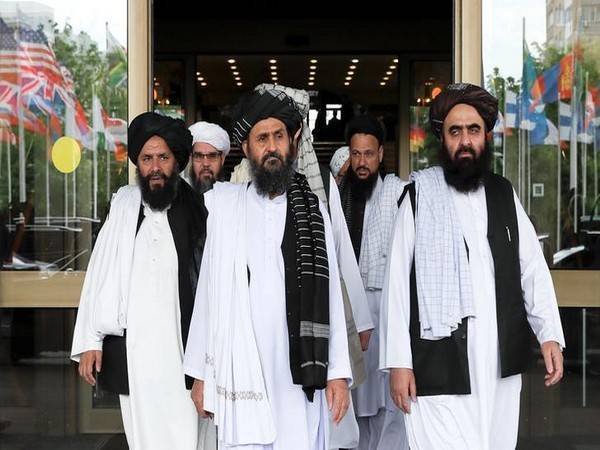
On Tuesday, Russian Foreign Minister Sergei Lavrov made clear his displeasure with the radical outfit in Afghanistan after the meeting with External Affairs Minister S Jaishankar in Moscow which also focused on the situation in Afghanistan and the urgent need to stabilize the situation in the country.
“We are working with the Taliban on our line. The Indian friends are also taking the necessary steps in this direction,” said Lavrov with Jaishankar standing by his side.
“We have not yet achieved the desired result and have not seen that the colleagues who personify the power in Kabul are moving fast enough in those areas that have been announced as their obligations to their people. I mean the need to consolidate the ethno-political unity of the Afghan people and ensure the inclusive nature of power,” he reasoned.
Lavrov, however, detailed that Moscow maintains “regular contact” with representatives of the Taliban, who will be privy to what the participants in the Moscow format meeting will be doing.
“We have no secrets from the Afghan side. We will brief in detail both the Taliban and other political forces that exist there,” he mentioned.
Russian President Vladimir Putin has repeatedly said that militants with experience in waging war in Syria and Iraq are being drawn to Afghanistan, thus posing a serious threat to the neighbouring Central Asian countries.
Zamir Kabulov, the Russian Presidential Representative for Afghanistan, has also blamed the United States and the United Kingdom for strengthening the Afghan wing of the Islamic State terrorist group.
“Together with British accomplices, the Americans are doing everything they can to strengthen the positions and destructive potential of the Afghan wing of the Islamic State, which is seen as an instrument of pressure on neighboring Central Asian states in order to separate them from Russia,” Kabulov wrote last week.
Meanwhile, during the forthcoming meeting, the members (Russia, China, India, Iran, Kazakhstan, Kyrgyzstan, Tajikistan, Turkmenistan, Uzbekistan and Pakistan) plan to discuss the military-political, socio-economic and humanitarian situation in Afghanistan.
Russian Foreign Ministry said particular attention will be paid to issues of coordinating efforts to strengthen regional security and stability and, of course, to promote intra-Afghan national reconciliation.


